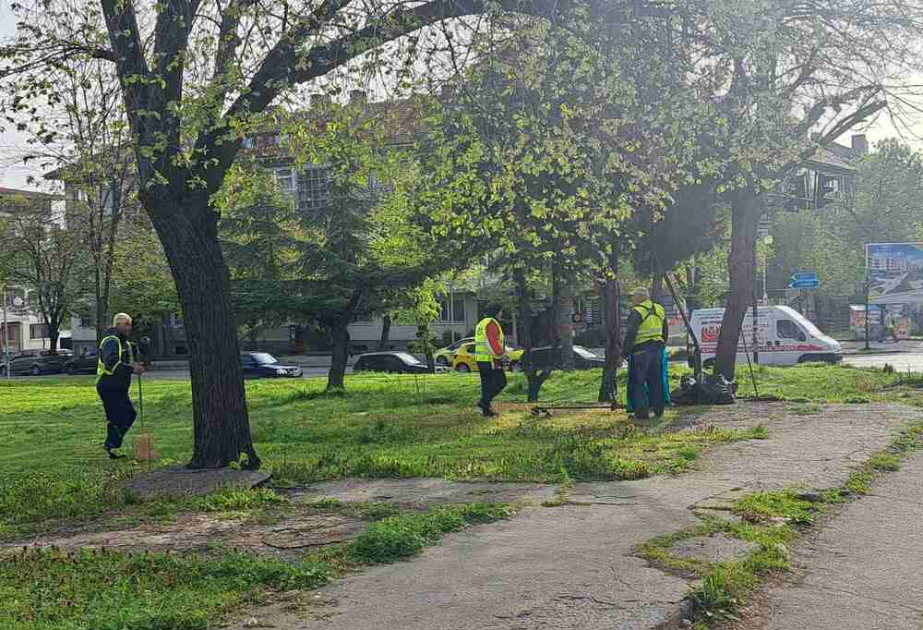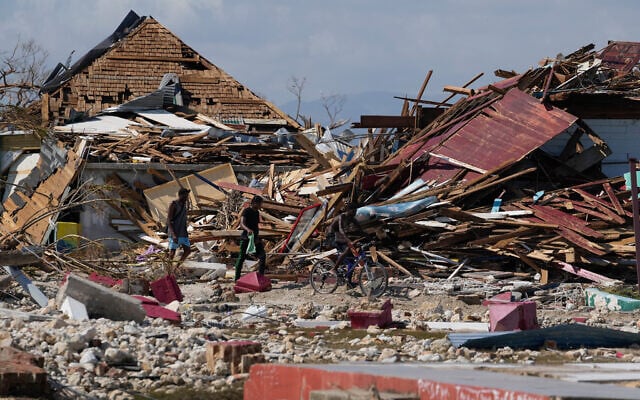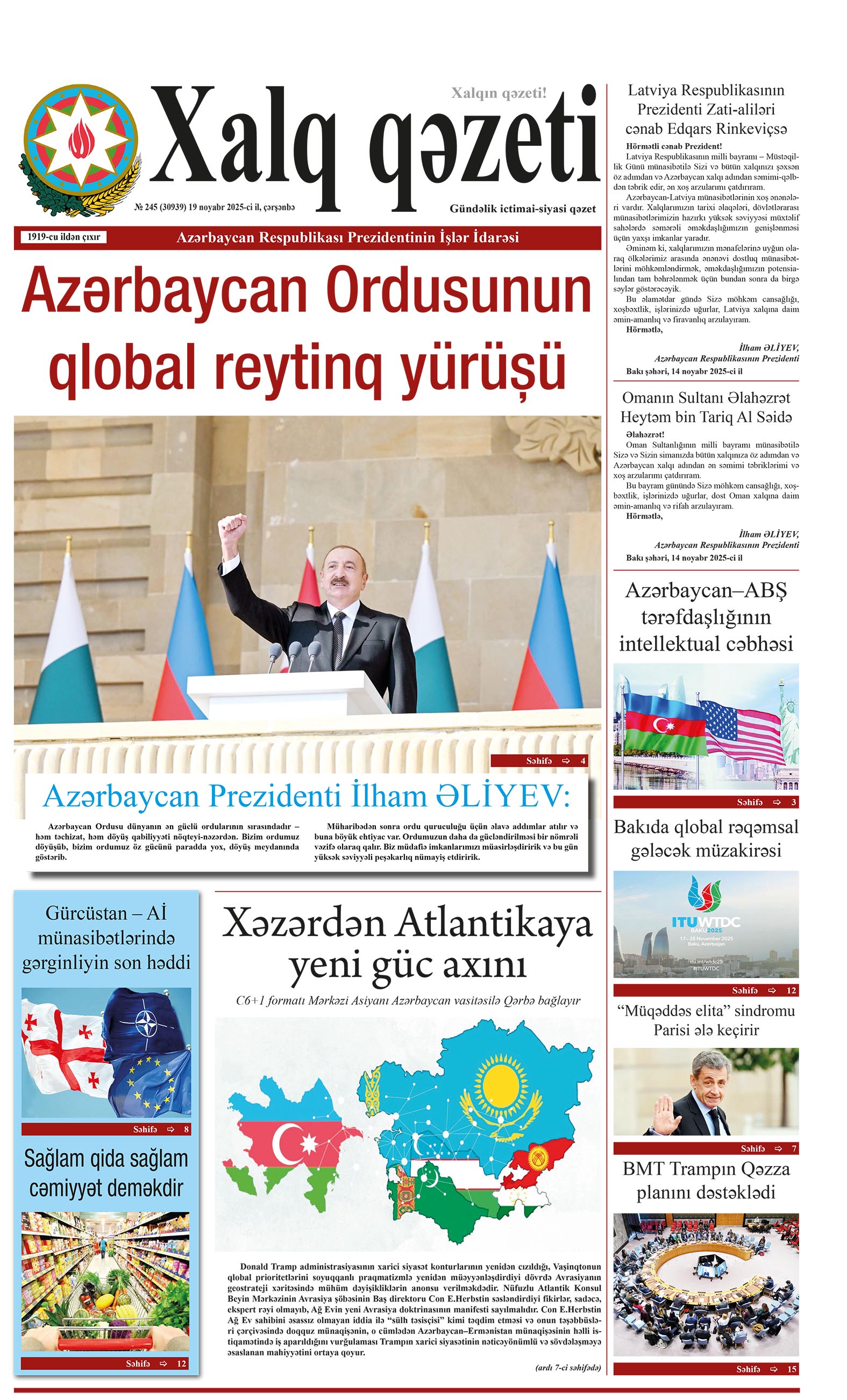In Bulgaria, after the COVID-19 pandemic, there has been an increase in the number of registered cases of transmissible diseases and a return to pre-epidemic values of the incidence of Lyme disease and Marseille fever, according to the Bulgarian News Agency (BTA).
This is stated in the reasons for the draft Regulation on amending Regulation No. 1 of 2018 on the conditions and procedure for carrying out disinfection, disinsection and deratization, published for public discussion, which is up for public discussion until May 19.
In 2023, the registered cases of vector-borne infections in the country were 295, including 10 imported cases of malaria. Since the beginning of 2024, the number of reported cases was 419, with a significant increase in cases of Lyme borreliosis and West Nile fever, 2 and 31 times respectively. This determines the importance of disinfection, disinfestation and deratization services for protecting the health and safety of people, which should be effective and timely.
The draft regulatory act aims to refine the texts relating to disinfection, disinfestation and deratization activities. This will help to carry out timely treatment when pests appear and reduce their numbers and the associated opportunities for infecting people, in view of the increase in the number of people suffering from transmissible infections and their social significance.



















